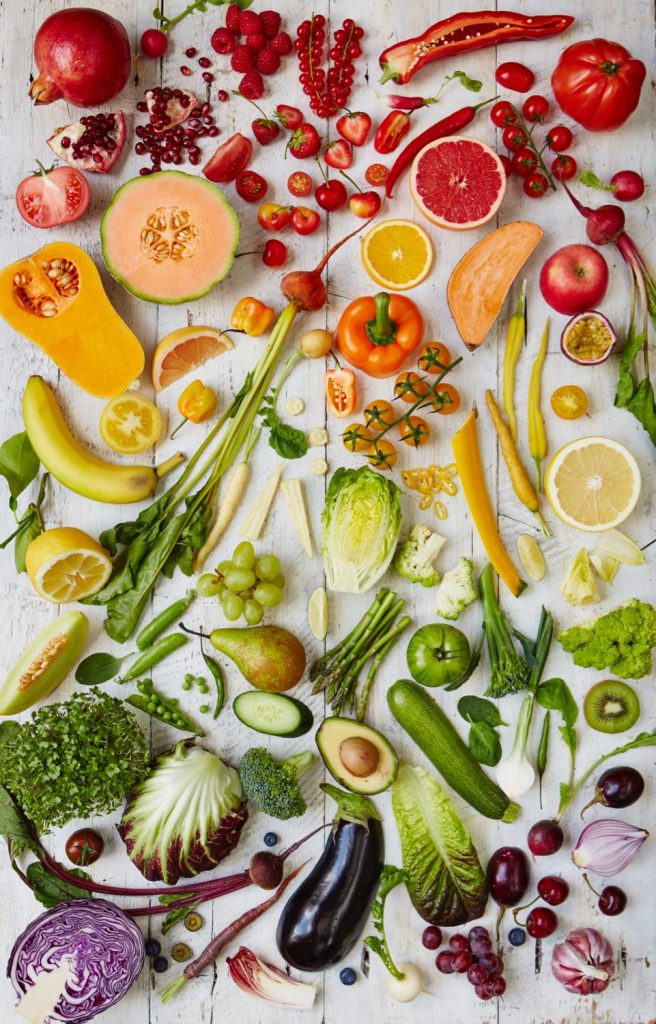People naturally love a one-size-fits-all approach to dieting. However, as with most nutrition-related subjects, the low-carb, high-protein approach just isn’t as simple as it sounds.
For a start, there’s a lot of confusion about what actually constitutes a carbohydrate. Alongside this, we are often misinformed about the type of carbs that are recommended, and consequently, all carbs now have a bit of a bad name. On the other hand, protein has been endorsed as being the new dietary saviour, but again, there are caveats to this that are often ignored or misunderstood.
Carbohydrates are found in far more foods than just bread, biscuits, pasta, soft drinks, and pastries – they’re also in fruits, vegetables, milk, and beans. Additionally, the nutritional value of carbohydrates such as bread and pasta varies greatly depending on whether they’re made from whole or refined grains.
It’s important to understand that foods containing carbohydrates are an important part of a healthy diet. It is equally important to choose nutrient-rich carbohydrates that can provide vitamins, minerals and fibre, as well as energy.
Similarly, proteins are an essential part of a healthy diet, but the type of protein chosen is crucial. Some foods can be very high in protein, but also extremely high in saturated fat and salt, while others can be really nutritious. Therefore, simply following a low-carbohydrate, high-protein rule is too vague, and could even be harmful if misunderstood.
Dietary imbalance is often the consequence of these misconceptions. If someone were to adopt a truly low-carbohydrate diet they would struggle to consume essential vitamins, minerals and fibre from fruits, vegetables and wholegrains. Similarly, if someone were to only focus on the protein content of their diet, it is likely they would over-consume red and processed meats and, consequently salt and saturated fat.
We must also remember that it is impossible to observe one nutrient in isolation; we must understand how changes influence the diet as a whole. If someone is reducing their carbohydrate intake, their calorie intake will fall as a result. Often this is compensated for with more fat and protein, and vice versa.
While there is evidence to suggest that restricting refined carbohydrates and promoting lean meat and vegetarian sources of protein can lowers a person’s risk of disease, many people take this too far without understanding the consequences. Very high protein diets can lead to kidney problems in vulnerable people, and research shows it could increase the risk of colonic disease.
Finally, although research is showing that low-carbohydrate may be superior to low-fat diets for weight loss in the very short term; there is little evidence to suggest this is the case after a period of about six months.
It may be a boring message, and not the quick detox or cleanse that many want, but most of us in the western world simply need to increase the number of fruits, vegetables, wholegrain foods, and vegetarian sources of protein (think nuts, seeds, and beans) in our diets, and try to reduce the amounts of salt, sugar and saturated fat. Balance and variety is the key to a healthy diet; not overly simplistic diets.
Written by: Mary Lynch
Fuente: www.jamieoliver.com
